Why is it that we entertain the belief that for every purpose odd numbers are the most effectual?
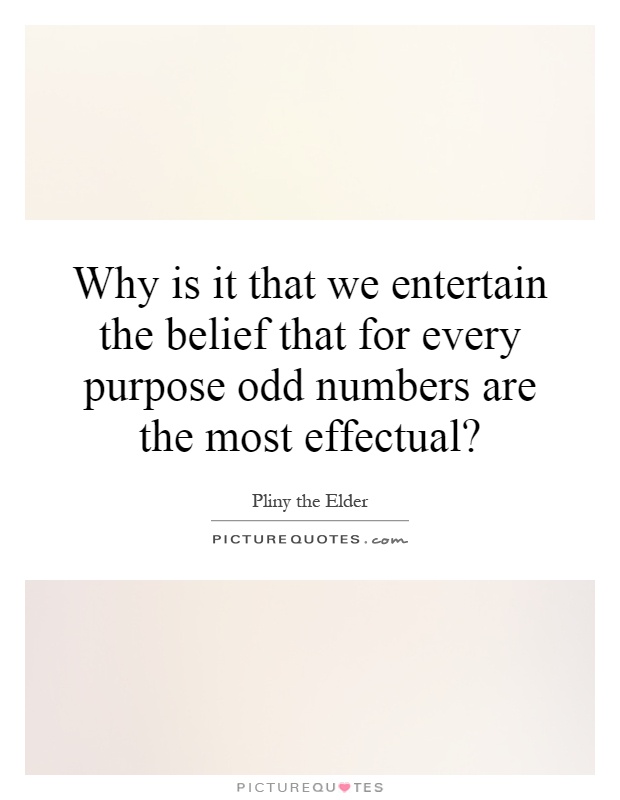
Why is it that we entertain the belief that for every purpose odd numbers are the most effectual?
In the context of Pliny the Elder, the belief that odd numbers are the most effectual for every purpose can be traced back to ancient Roman numerology and superstitions. Pliny the Elder, a Roman author and natural philosopher, was known for his extensive writings on a wide range of topics, including mathematics and numerology. In his work, he often discussed the significance of numbers and their influence on various aspects of life.One of the prevailing beliefs in ancient Roman society was that odd numbers were more powerful and effective than even numbers. This belief was rooted in the idea that odd numbers were more dynamic and active, while even numbers were seen as passive and static. Odd numbers were associated with strength, vitality, and creativity, making them ideal for achieving success in various endeavors.
Pliny the Elder likely subscribed to this belief in the power of odd numbers, as it was a common belief among many ancient Roman thinkers. In his writings, he may have discussed the importance of odd numbers in rituals, ceremonies, and other aspects of daily life. For example, odd numbers were often used in religious ceremonies and sacrifices, as they were believed to have a greater spiritual significance.
Additionally, odd numbers were thought to have a balancing effect on the natural world. In Roman numerology, odd numbers were associated with the masculine principle, while even numbers were associated with the feminine principle. By using odd numbers in various rituals and practices, it was believed that individuals could harness the power of the masculine energy to achieve their goals and overcome obstacles.
Overall, the belief in the effectiveness of odd numbers for every purpose can be seen as a reflection of the ancient Roman fascination with numerology and symbolism. Pliny the Elder likely embraced this belief as part of his broader interest in the mystical and esoteric aspects of the natural world.
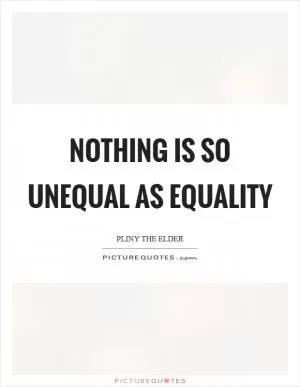







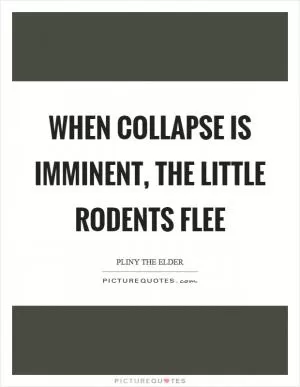
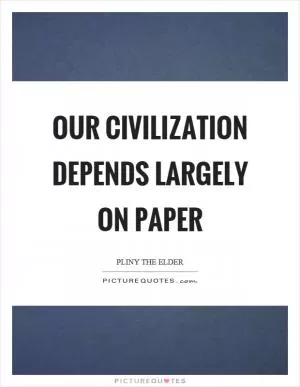
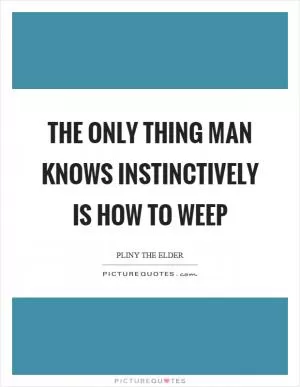

 Friendship Quotes
Friendship Quotes Love Quotes
Love Quotes Life Quotes
Life Quotes Funny Quotes
Funny Quotes Motivational Quotes
Motivational Quotes Inspirational Quotes
Inspirational Quotes